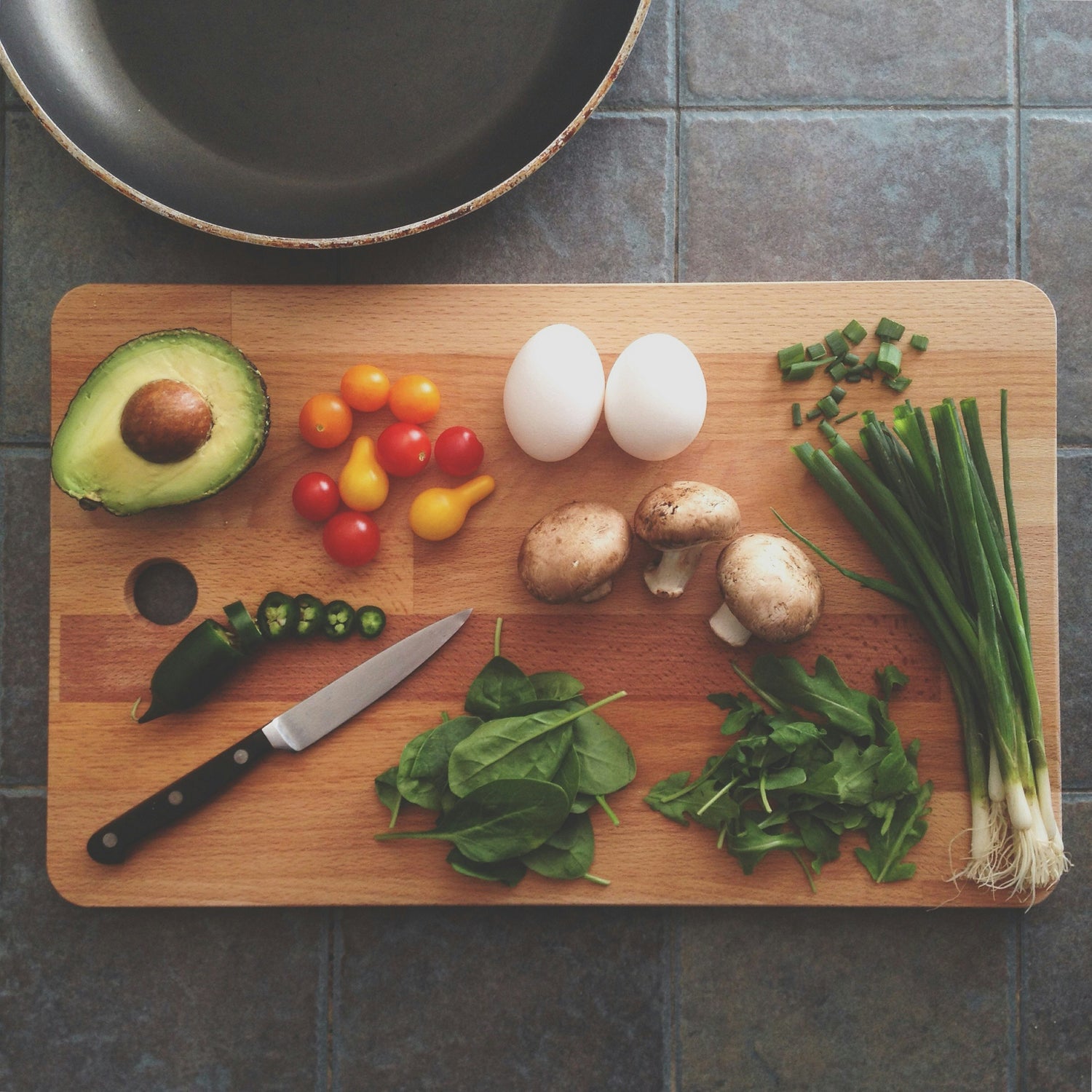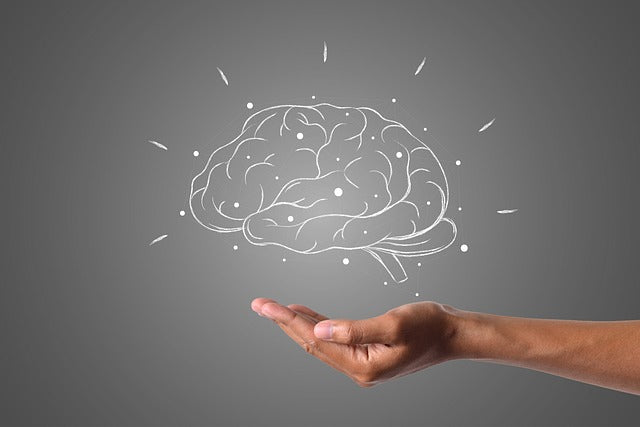If you’ve been suffering from digestive complaints, you’re far from alone. An astonishing 70 million folks are experiencing some type of digestive disorder, from irritable bowel to indigestion, heartburn (we spend more than $10 billion each year on antacids globally), constipation, diarrhea, gas and bloating. And up to 15 million Americans have food allergies—5.9 million of them under age 18.
A healthy gut is a foundation of well-being.
It’s not surprising that the gut microbiome and gut health are big news today. The Human Microbiome Project intends to map the normal microbiome of every tissue. This could lead to a far deeper understanding of health and disease, and of how to modulate our microbes for a healthy gut and life. There is even ongoing research into transplanting gut flora the way you would an organ.
Why are our gut flora so important? They help us to digest food and fiber, synthesize vitamins and amino acids, regulate energy metabolism and immune system function, and have even been shown to influence our nervous system and behavior.[1] An imbalance in gut microbiota may be a contributor to diabetes and obesity[2], heart disease[3] and even neurodegenerative diseases such as Alzheimer’s Disease.[4]
Today, everything from antacids to laxatives to all manner of colon cleanses are increasingly popular. Yet it seems most of the solutions available are temporary fixes. What is often left out of these solutions to imbalanced gut flora is the connection between a healthy liver and a healthy gut. A smart approach to liver cleansing and gut detoxification may allow a true rebalancing of intestinal flora—and steady improvements in health.
How Bitter Botanicals Let The Liver Flow—Naturally
The practice of natural colon cleansing began in ancient Greece and continues today with the use of colonic irrigation, cleansing teas, enzymes, and supplements that have a laxative effect. Colon cleanses, hydrotherapy and colon cleansing supplements are more popular than ever. Supplements for dysbiosis (probiotics and prebiotics) as well as general digestive health line the shelves of supermarkets, health food stores and virtual storefronts.
However, new insights suggests that if colon cleansing is helpful, the “explanations used to promote the therapies are the stuff of herbal legends, not scientific fact,” according to herbalist Steven Horne, past president of the American Herbalists Guild. “The concept of cleansing is actually a metaphorical explanation for a therapy that improves detoxification via the liver and gastrointestinal tract.”[5] As Horne explains, dysbiosis leads to inflammation in the GI tract. Inflammation leads to leaky gut, and excessive permeability of the gut lining. This allows endotoxins from bacteria, as well as other toxins, to pass into the body. It is the liver that comes to our defense, absorbing many of those toxins through our portal vein, a large vein that carries blood directly to the liver from the spleen, stomach, pancreas, and intestines. The liver has the remarkable capacity to detoxify and neutralize innumerable toxic substances. It can make up for a compromised intestine—if it is not overburdened.
This is where bitter botanicals shine. Bitters have been utilized as a potent therapeutic tool since the 1800s when bitter aperitifs and blends of medicinal herbs became popular. The therapeutic use of bitters is a powerful supportive aid to digestive health. Bitter botanicals mobilize and stimulate bile—the liver’s liquid gold. Bile flow is critical for normal digestive function and a healthy balance of gastrointestinal flora. Bile acids can act like molecular detergents with surprising antimicrobial effects and the ability to stimulate the immune system.[6],[7],[8] Toxins and their metabolites are eliminated from the liver, into the bile, and out of the body via the stool.
Bitters act far beyond the digestive system. Bitter taste receptors line the back of the tongue as well as the lungs, pancreas, gut and even the reproductive organs. Bitters naturally switch on digestive processes, but some bitter herbs are more efficient at helping move bile, and toxins, from the liver. Bitters such as dandelion, gentian, milk thistle, goldenrod (solidago) and other herbs have antioxidant, anti-inflammatory, hepatoprotective, and antimicrobial action.[9],[10] They can help protect the liver from oxidative stress and increase levels of our master antioxidant, glutathione. Certain essential oils also have potent bitter properties—such as sweet orange, myrrh, clove and juniper. Sweet orange essential oil is extracted from the aromatic and bitter peel of the orange, and like other essential oils has antibacterial, antifungal, and antioxidant effects.[11] Myrrh dates back to Egypt, and is well known for its antimicrobial and anti-inflammatory action, as are clove and juniper.[12]
When bitters are formulated in a liposomal base, their action on bile may be even more enhanced. Phosphatidylcholine, the main lipid that forms cell membranes, is an essential component of bile and can improve excretion of toxins in bile.[13]
How Binders Aid Bitters for a Complete Gut Health Strategy
When toxins are rapidly mobilized into bile by bitter botanicals, they can spill back out of the bile into circulation again, only to be stored anew in the gut, or tissue and fat. This can lead to a vicious cycle, where true repair is never accomplished. Following bitters with binders is an ideal approach to this challenge.
Unfortunately, there is no universal binder that has a perfect ability to bind all the toxins we encounter in daily life. This includes the endotoxins from our imbalanced gut flora, pollutants, mold, heavy metals, plastic residues, flame retardants, pesticides, as well as the hazards that come with climate change, such as smoke from wildfires or toxins from red tide or algae blooms.
A blend of binders can capture can, however, intercept most of these toxins. Binders such as clay and charcoal have been utilized with great success for centuries. Innovative, newer binders include chitosan—a purified long chain sugar derived from the shells of shrimp, as well as a proprietary, thiol-functionalized silica that has a remarkably strong affinity for mercury. Blending binders with soothing prebiotics and healing substances such as acacia gum and aloe vera further protects the gut while eliminating irritating toxins.
With a deep understanding of the interlocking systems and receptors that lead to gut health, we can go beyond the typical colon cleanse or supplement for dysbiosis and IBS, to a simple but effective, protective approach for significant gut healing and optimal health.
You may also be interested in:
Radical Metabolism, a NYT Best-Seller
Bitters: Balancing Agents for the Gut, And Support for Liver/Kidney Detoxification
Signs Your Liver Needs a Detox
BitterX: Bigger, Better




